WHAT MAY
THWART
YOUR CIVIC
ACTION?
By Dolly Haik-Adams Berthelot © 2025
First they came for the Socialists, but I did not speak out, because I was not a communist.
Then they came for the trade unionists.
I did not speak out, because I was not a trade unionist.
Then they came for the Jews, but I did not speak out, because I was not a Jew.
Then they came for me. And there was no one left to speak out.—Pastor Martin Niemoller
For decades I was baffled by how Nazism could rise in an intelligent, high achievement, ultra civilized, scientific, Democratic country like Germany. My Grandma Clara Giorgi Adams was a WW1 war bride from Germany and we still had relatives there, so I shared some heritage, some DNA, and a bit of shame. In recent years, as I experience changes in my own country, I understand so much better. I wish I didn’t…
Who are “they” coming for today? Not me, we may say. Not my family! Perhaps not—until the circle of unfair and exclusionary treatment widens, or you discover some long hidden taboo aspect of someone you love. Or your children get a lousy education, partly because history and reality are kept secret or altered.

Evil disguised as good seems to be rising among us. Human rights are being diminished, some destroyed: the right to read, the right to be our authentic selves, and to love whom we wish, the right to free and fair trial rather than instant murder for a traffic stop—or for ringing the wrong doorbell! Or we are unfairly and illegally sent out of the country. Let us not ignore the erosion of the promised right to liberty and justice for ALL!
Fascist tactics and goals are increasingly flagrant in our nation and in my particular area of the country, and perhaps yours… What stops us from doing anything to fight it?
I looked first deeply inside myself. Why haven’t I done more? Why am I not doing more? Then I asked some others, what barriers deter you from action that might possibly be helpful?
Here are Ten Possible Action Thwarters I suspect may deter many good people from worthy civic action, whatever their political or social perspective:
- Apathy. I really don’t care, or I don’t care enough to actually do anything.
- Ignorance. I don’t keep up with what’s going on. It’s too painful, too depressing, too complicated. Ignorance is bliss.
- Fear, dangers, risks. What might I lose? Going public can be dangerous.
- Other self interest. My potential loss or pain outweighs my desire to help.
- Physical or mental limitations, real or perceived. I’m too busy, too tired, too weak, too sick, too old, too young, too insignificant, too…?
- I don’t have enough—time, stamina, money, resources, understanding…
- Alternate allegiances matter more: family, friends, civic or social group, religious or political edicts or tribes.
- I don’t want to draw attention to myself. I’m a private person…
- I don’t want to hurt or inflame people who think, believe, or live differently from me, especially friends, family, coworkers, neighbors. Shhhhh…
- Despair and cynicism are stronger in me than hope: What can I do anyway? It wouldn’t make a bit of difference.
As you see evidence of serious oppression growing like a viral pandemic, what stops you from saying or doing anything? Or from saying or doing more than you are? Which of the above 10 suppressors (or others I may have missed) undermine your possible will and action toward our common good?

No matter your position on any aspect of the current administration (or the previous one or the next one) you may find it useful to consider which of the above tend to keep you from saying, writing, or doing what you think may be wise and useful for the good of the whole.
One of America’s most quoted maxims is something like this: For evil to prevail it is only necessary for good people to do nothing. Variations have been attributed to many, from Edmund Burke to US presidents and others. Whoever first said these words or something similar, the sentiment is hugely relevant today. Perhaps it always is, and that keeps the idea ever salient.
Another quote of recurring popularity and pertinence is attributed to Ethan Everette Hale: I am only one, but I am one. I can not do everything, but I can do something. And because I can not do everything, I will not refuse to do the something that I can do.
First we must consider: What is stopping us? Please contemplate the above 10. You may have and be aware of additional blockers. No action is appropriate or even possible for everyone. BUT SOMETHING IS POSSIBLE FOR EACH OF US!
The next Dr. Dolly’s Musings will list 25 possible “somethings” that each of us can consider doing—before it’s too late.
(Featured image Copyright © 2025, Dolly Berthelot, taken April 10, 2024, “Turbulence.”)
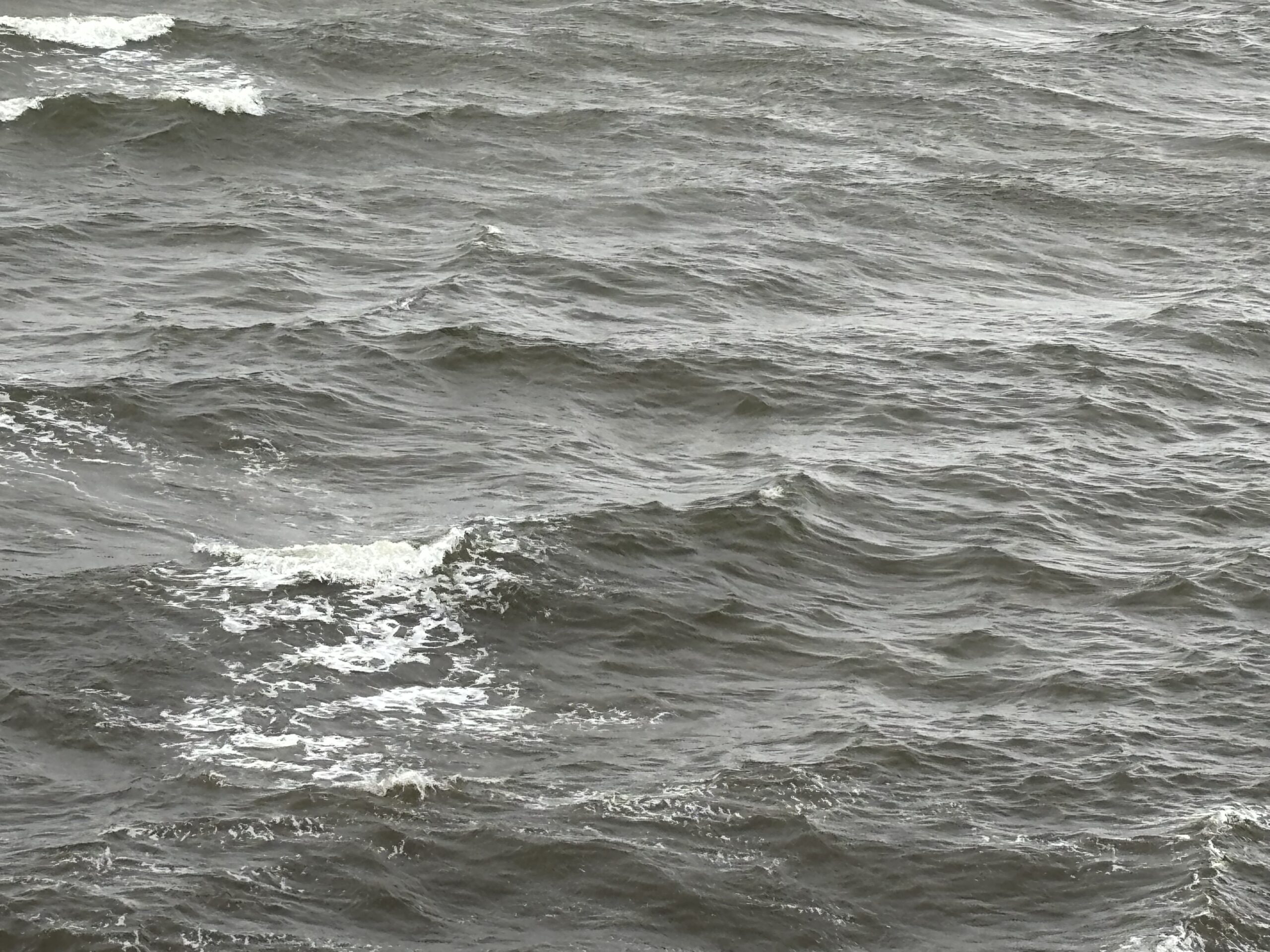


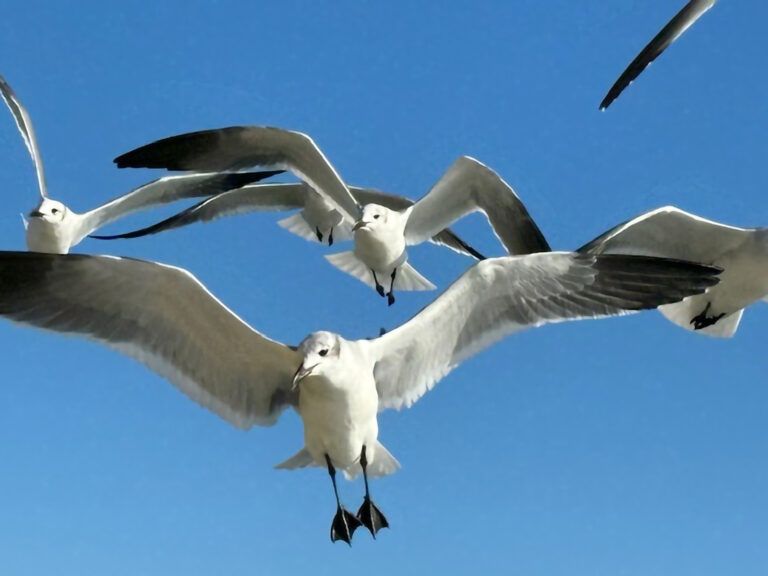
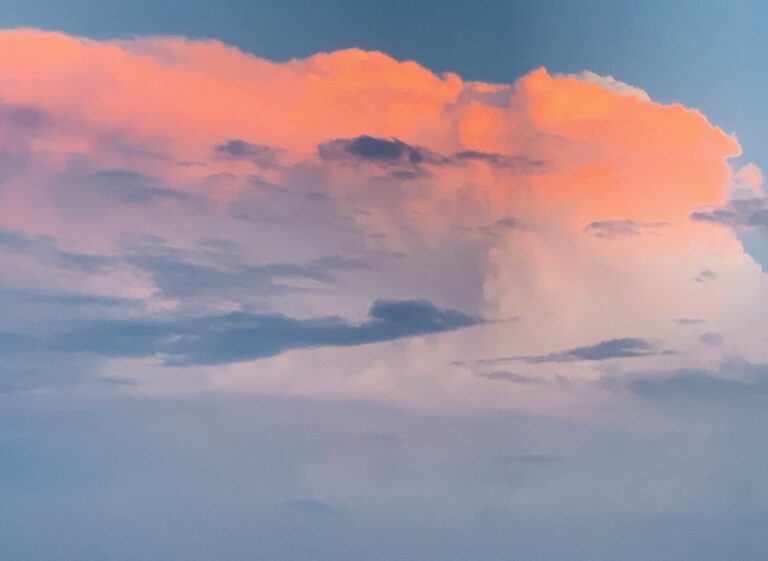
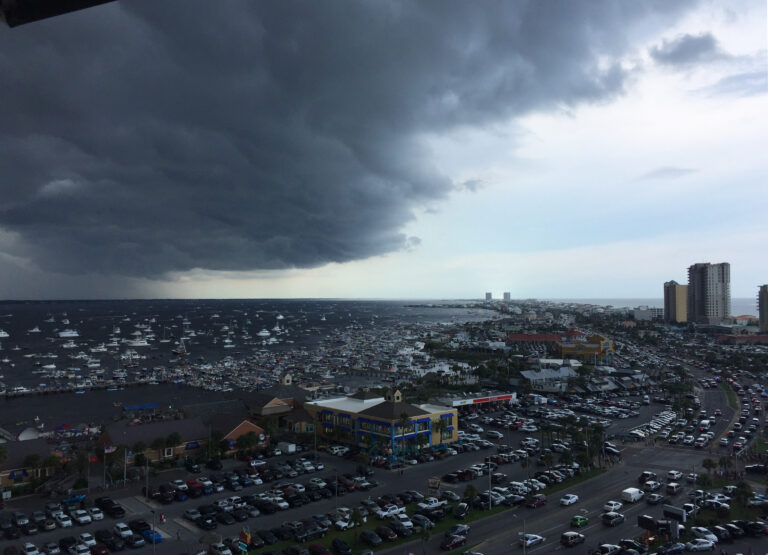
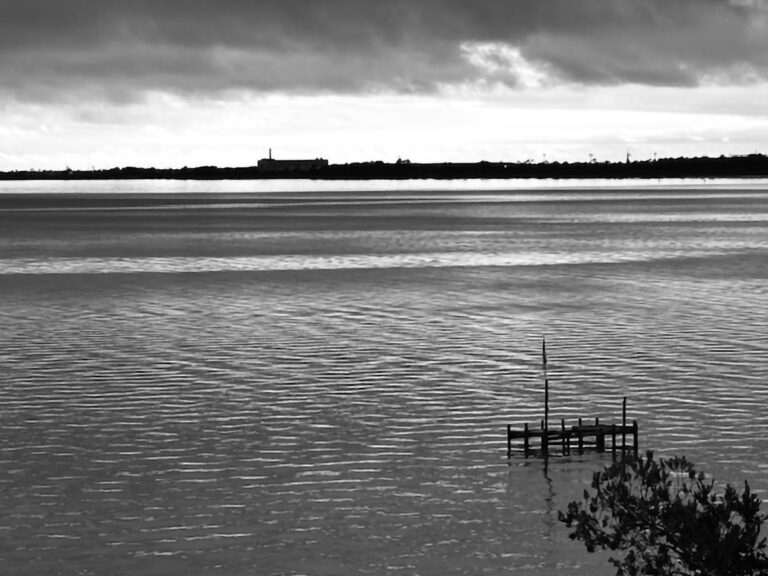
2 Comments